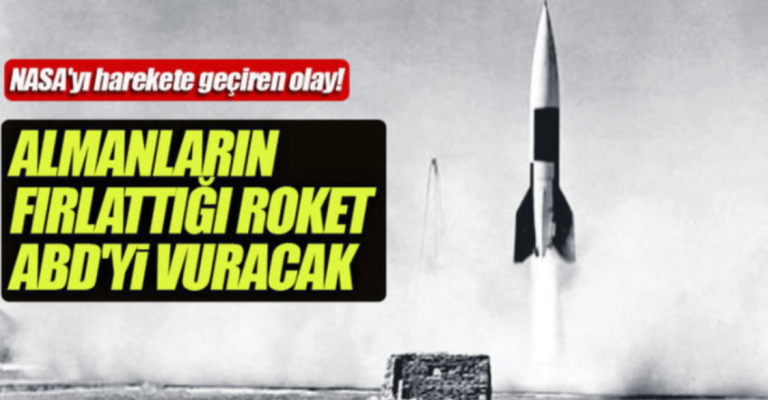The European Commission support for the production of this publication does not constitute endorsement of the contents which reflects the views only of the authors, and the Commission cannot be held responsible for any use which may be made of the information contained therein.
Let us take a look at a country that is in varity of economic, political and cultural ways connected to Bosnia and Herzegovina, as well as to other Balkan countries.
Did you know that Turkey is one of the largest jailors of journalists, competing with China, Egypt and Saudi Arabia? Clearly, something is going on in country´s media world.
According to Reuters Digital News Reports, trust in news overall in 2020 was 55%, which was pretty high, similar to other countries. However, there is still a worrying fact that whooping 49% say that they encountered fake news in the week prior to survey . If we compare the statistics to Germany´s 9% , we can envision the volume of the problem. Turkish media became a pool of news, whose large portion is reserved for fake ones. People rightfully complain about the issue, finding it difficult to distinguish between made-up stories and vive reality.
Exploring their levels of suspicion, there is correlation found between type of media channel and mistrust. Research „Medya Kullanımı ve Haber Tüketimi“ recorded less mistrust in consumption of TV and printed news. On the other hand, people tend to be more suspicios when getting in touch with internet
news. This may explain why most people across the country show a tendation toward TV news, although citizens of urban areas use internet more.
In further exploration of mistrust toward news by Turkish population, the research showed that individuals who reported to follow politics, culture or science news doubt the validity and truthfullness of the news more than individuals who said to follow other topics.
To complete the overall picture about fake news affairs in Turkey, let us go back to journalist prisoners. Political parties are believed to have control over media, creating pro-government channels that, according to Reuters Digitial News Reports, tend to be trusted less but more loyally by those who do have trust.
Clearly, people feel a need for better and independent media system that will serve society truthfully as well as for education that will help people to distinguish between fake and real news. In strive for resolving the issue, there is Teyit.org, a positive example of contribution to eliminating harmful lies and to increasing awareness in media. Functioning as a website, Teyit.org debunked hundreds of fake stories and reports to recieve more than 30 suspicious news a day to check . Besides, Teyit.org works on educating public on recognizing fake news.
As SLAM, we share opinion of Teyit.org´s founder, young journalist, Mehmet Atakan Foca: „To tackle the problem of fake news, it´s not enough to publish articles about misinformation.We want to educate people and give them the tools to strengthen their capacity for verification.“
In the end, let us look at some of most brutal and banal fake news publish by Turkish media.



Sources:
- Mark Lowen, “Fake news in Turkey: Hunting for truth in land of conspiracy“, BBC News, https://www.google.com/amp/s/www.bbc.com/news/amp/world-europe-46137139 (accessed 21 March 2021)
- Ibid., https://www.google.com/amp/s/www.bbc.com/news/amp/world-europe-46137139 (accessed 21 March 2021)
- Ibid., https://www.google.com/amp/s/www.bbc.com/news/amp/world-europe-46137139 (accessed 21 March 2021)
- Serdar, “Uydurma Haberler ve Medyada Sazan Avı“, Yalansavar, https://yalansavar.org/2017/04/05/uydurma-haberler-ve-medyada-sazan-avi/ (accessed 21 March 2021)
- Mark Lowen, “Türkiye’de sahte haberler: Komplo teorilerinin gezdiği topraklarda doğrunun avı“, BBC News Turkey, https://www.bbc.com/turkce/haberler-turkiye-46221257 (accessed 21 March 2021)
- Selim Gerçeker, “2017’de Viral Olmuş Ve Gerçekliğine Birçok İnsanı İnandırmış 17 Yanlış Haber“, Listelist, https://www.google.com/amp/s/listelist.com/viral-yanis-haberler/amp/ (accessed 21 March 2021)
